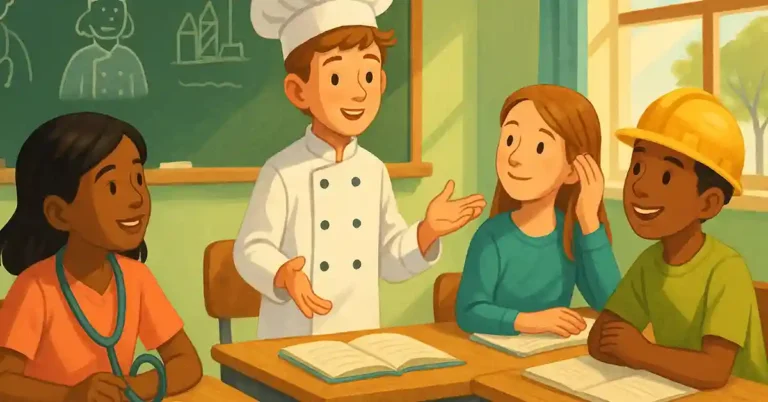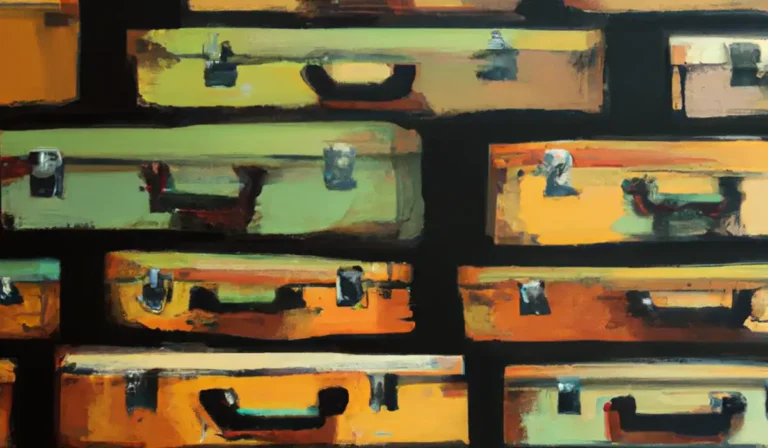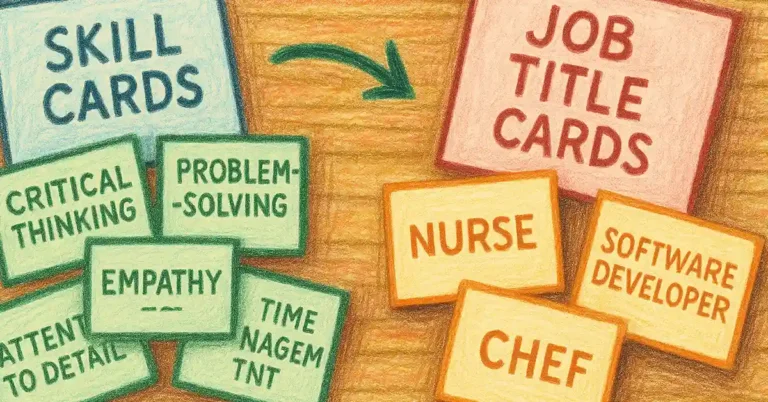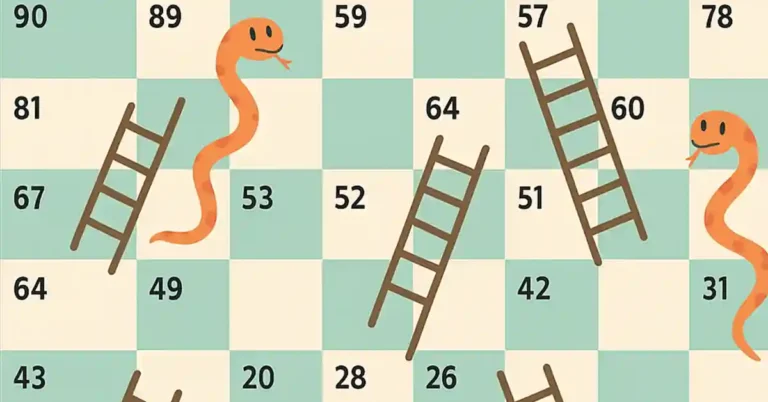Profession Pictionary: A Fun and Educational Twist on a Classic Classroom Game
As teachers, we’re always on the lookout for activities that make learning fun while still delivering real educational value. That’s why Profession Pictionary has become one of my go-to classroom games—it’s like the beloved Pictionary we all know, but with a career-focused spin that gets students thinking about jobs, skills, and creativity.
It’s simple. It’s engaging. And it fits beautifully into lessons on career exploration, art, communication, or even team building.
If you’ve ever had a quiet class suddenly light up over a competitive group game, you already know the magic that happens when learning and play mix. Profession Pictionary is exactly that kind of activity.
How Profession Pictionary Works
At its core, this game keeps the traditional Pictionary rules:
Students take turns drawing a prompt.
No words, letters, or numbers allowed.
The rest of the group guesses what the drawing represents.
The twist is in the prompts. Instead of random objects or phrases, the cards contain different professions—everything from “veterinarian” to “graphic designer” to “paleontologist.”
This subtle change shifts the focus to career awareness while still keeping the activity lighthearted and competitive.
Why It’s Perfect for the Classroom
Profession Pictionary isn’t just an excuse to break out the markers. It’s a game that taps into multiple educational benefits:
1. Builds Career Awareness
Many students, especially in middle school, haven’t been exposed to a wide range of professions. By including both familiar and lesser-known jobs on the cards, you’re giving them a peek at possible career paths.
2. Encourages Creative Thinking
Drawing “astronaut” might be easy, but how would you draw “urban planner” without words? Students have to think symbolically, choose key details, and communicate visually—critical thinking at its best.
3. Strengthens Teamwork
Students work together to guess the answer, often shouting suggestions and building on each other’s ideas. It’s a natural way to practice collaborative problem-solving.
4. Works for All Learning Styles
Visual learners thrive with the drawing and imagery.
Auditory learners benefit from the verbal guessing process.
Kinesthetic learners enjoy the hands-on action of sketching and movement to the board.
How to Set Up Profession Pictionary
You don’t need anything fancy—just a little preparation and a sense of fun.
Materials:
Whiteboard, chalkboard, or large sheets of paper for drawing.
Markers or chalk.
A set of Profession Pictionary cards. Either create your own, or download this ready-made set.
Step 1: Create the Cards
Write one profession per card. You can tailor the list to your students’ age group and subject focus. For example:
Elementary-friendly professions:
Teacher
Farmer
Firefighter
Artist
Scientist
Middle/high school level professions:
Software developer
Forensic scientist
Fashion designer
Marine biologist
Architect
Advanced or creative challenge professions:
Urban planner
Cryptographer
Sound engineer
Political cartoonist
Paleontologist
Tip: Mix in both common and uncommon jobs to keep students challenged and curious.
You can also download this ready-made set.
Step 2: Divide Into Teams
Two to four teams work best, depending on your class size. You’ll want a manageable number of players per round so everyone gets a chance to draw and guess.
Step 3: Explain the Rules
The drawer picks a card and looks at the profession.
They have one minute (or whatever time limit you set) to draw clues that help their team guess the job.
No writing, letters, numbers, or spoken hints allowed.
If the team guesses correctly, they score a point. If not, the other teams get a chance to steal the point.
Step 4: Play and Rotate
Rotate drawers each round so everyone gets a turn. You can keep score for bragging rights or simply play for fun.
Differentiation Tips for Profession Pictionary
Like any classroom activity, Profession Pictionary can be adjusted to suit different abilities and learning needs:
For English language learners: Provide visual vocabulary support beforehand so they recognize more professions.
For students with drawing anxiety: Allow them to build their picture with symbols or stick figures—remind them that artistic skill isn’t the goal.
For advanced groups: Use more abstract professions and encourage them to draw tools, settings, or situations instead of obvious symbols.
Creative Variations to Try
Once your students are hooked on Profession Pictionary, try spicing things up with these variations:
Speed Round: Reduce the time limit to 30 seconds.
Double Draw: Two students draw at the same time without looking at each other’s work.
Silent Charades Combo: The drawer can act out part of the clue in between drawing.
Career Mash-Up: Create cards with two professions combined (e.g., “chef-astronaut”) for hilariously challenging rounds.
How to Tie It into Curriculum
While Profession Pictionary works great as a stand-alone activity, you can also connect it to your lesson objectives:
Career Studies Unit: Use it as an introduction to a research project on professions.
Language Arts: After playing, have students write a description of their chosen profession.
Art Class: Discuss how symbolism and design choices help communicate meaning in images.
Social Studies: Explore how different jobs fit into various communities and economies.
Why Students Love It
Whenever I’ve played this game with my classes, the energy in the room skyrockets. Students are laughing, thinking hard, and—without realizing it—learning about careers they’ve never considered before.
Some of my favorite moments are when a student draws something wildly abstract, and the team still guesses it correctly, or when someone learns a new profession because they had to ask, “Wait… what does a cartographer do?”
Final Thoughts on Profession Pictionary
Profession Pictionary is one of those rare classroom activities that’s quick to set up, easy to adapt, and full of educational benefits. It’s the perfect blend of fun and learning—exactly the kind of game that sticks with students long after the bell rings.
So grab those markers, make your cards, and watch your classroom come alive with creativity, curiosity, and maybe even a few budding career aspirations.





